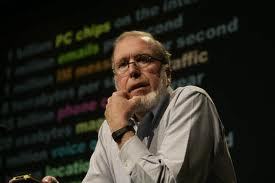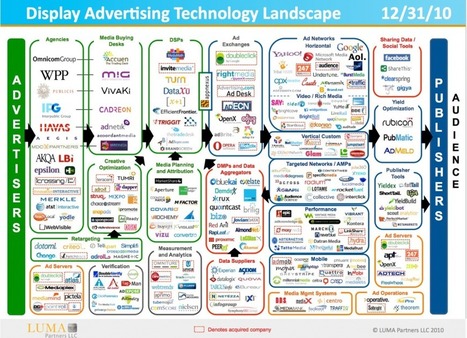1) Embrace the Swarm. As power flows away from the center, the competitive advantage belongs to those who learn how to embrace decentralized points of control.
2) Increasing Returns. As the number of connections between people and things add up, the consequences of those connections multiply out even faster, so that initial successes aren't self-limiting, but self-feeding.
3) Plentitude, Not Scarcity. As manufacturing techniques perfect the art of making copies plentiful, value is carried by abundance, rather than scarcity, inverting traditional business propositions.
4) Follow the Free. As resource scarcity gives way to abundance, generosity begets wealth. Following the free rehearses the inevitable fall of prices, and takes advantage of the only true scarcity: human attention.
5) Feed the Web First. As networks entangle all commerce, a firm's primary focus shifts from maximizing the firm's value to maximizing the network's value. Unless the net survives, the firm perishes.
6) Let Go at the Top. As innovation accelerates, abandoning the highly successful in order to escape from its eventual obsolescence becomes the most difficult and yet most essential task.
7) From Places to Spaces. As physical proximity (place) is replaced by multiple interactions with anything, anytime, anywhere (space), the opportunities for intermediaries, middlemen, and mid-size niches expand greatly.
8) No Harmony, All Flux. As turbulence and instability become the norm in business, the most effective survival stance is a constant but highly selective disruption that we call innovation.
9) Relationship Tech. As the soft trumps the hard, the most powerful technologies are those that enhance, amplify, extend, augment, distill, recall, expand, and develop soft relationships of all types.
10) Opportunities Before Efficiencies. As fortunes are made by training machines to be ever more efficient, there is yet far greater wealth to be had by unleashing the inefficient discovery and creation of new opportunities.
Via Spaceweaver, ddrrnt



 Your new post is loading...
Your new post is loading...









